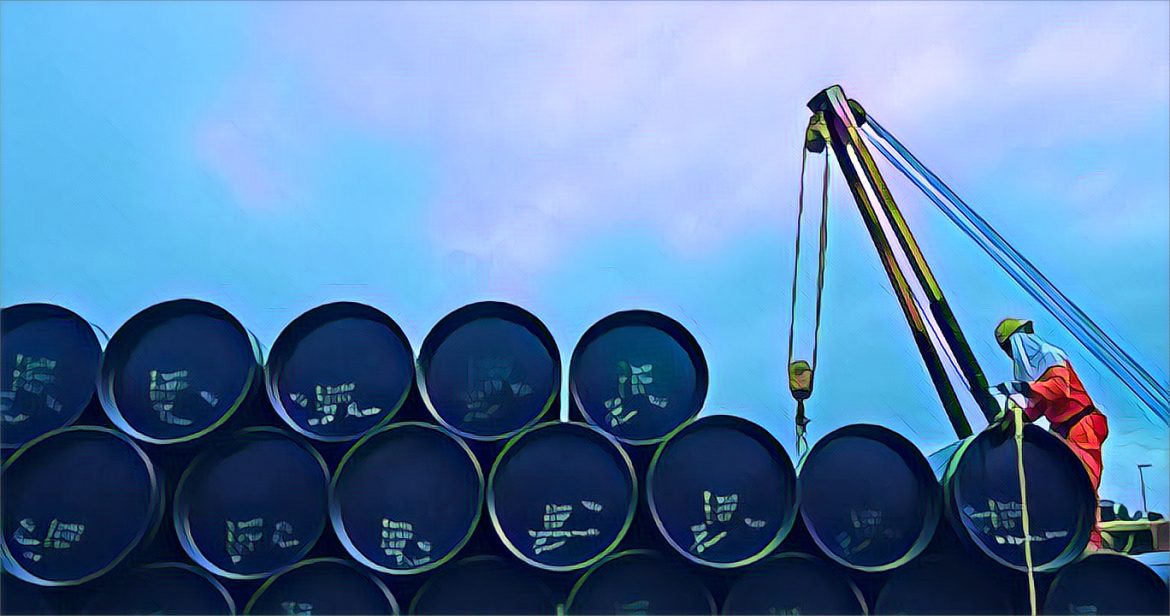The Nigerian government has seen a dramatic reduction in the importation of Premium Motor Spirit (PMS), commonly known as petrol, by an astonishing 990 million litres monthly, following the removal of fuel subsidies. This development, as announced by Mohammed Idris, the Minister of Information and National Orientation, marks a significant shift in the country’s energy consumption and economic landscape.
President Bola Tinubu, in a bold move on May 29, 2023, announced the end of the fuel subsidy regime, leading to an immediate cessation of the subsidy by the Nigerian National Petroleum Company Limited (NNPCL), Nigeria’s sole importer of petrol. This decision has precipitated a sharp increase in fuel prices, from about N198 per litre to a range of N620 to N700 per litre, varying by location.
The impact of subsidy removal on petrol importation is profound. With Nigeria’s daily petrol consumption previously pegged at 66 million litres and a monthly subsidy expenditure exceeding N400 billion, the reduction in imports signifies substantial economic ramifications. According to the figures presented, petrol imports have halved, translating to a daily saving of about 33 million litres.
This decrease in petrol importation not only represents a significant cost-saving measure, with the country potentially conserving around N579.1 billion monthly but also signals a shift in consumer behavior and market dynamics. The backdrop to this change is the long-standing challenge faced by private oil marketers in importing petrol, primarily due to difficulties in accessing foreign exchange, leaving NNPCL to shoulder the responsibility and financial burden of the subsidy.
The aftermath of the subsidy removal has been a steep decline in petrol consumption, as noted by Bennet Korie, the National President of the Natural Oil and Gas Suppliers Association of Nigeria. Many filling stations have reported a drastic drop in sales, leading to closures and a reevaluation of business viability in the current economic climate.
This shift presents both challenges and opportunities. On one hand, the reduction in petrol importation and subsidy expenditure relieves the government of a significant financial burden, potentially redirecting resources to other critical sectors. On the other hand, the immediate impact on consumers and businesses, reflected in increased fuel prices and decreased consumption, underscores the need for a sustainable energy policy that balances the economy with the welfare of the Nigerian populace.


